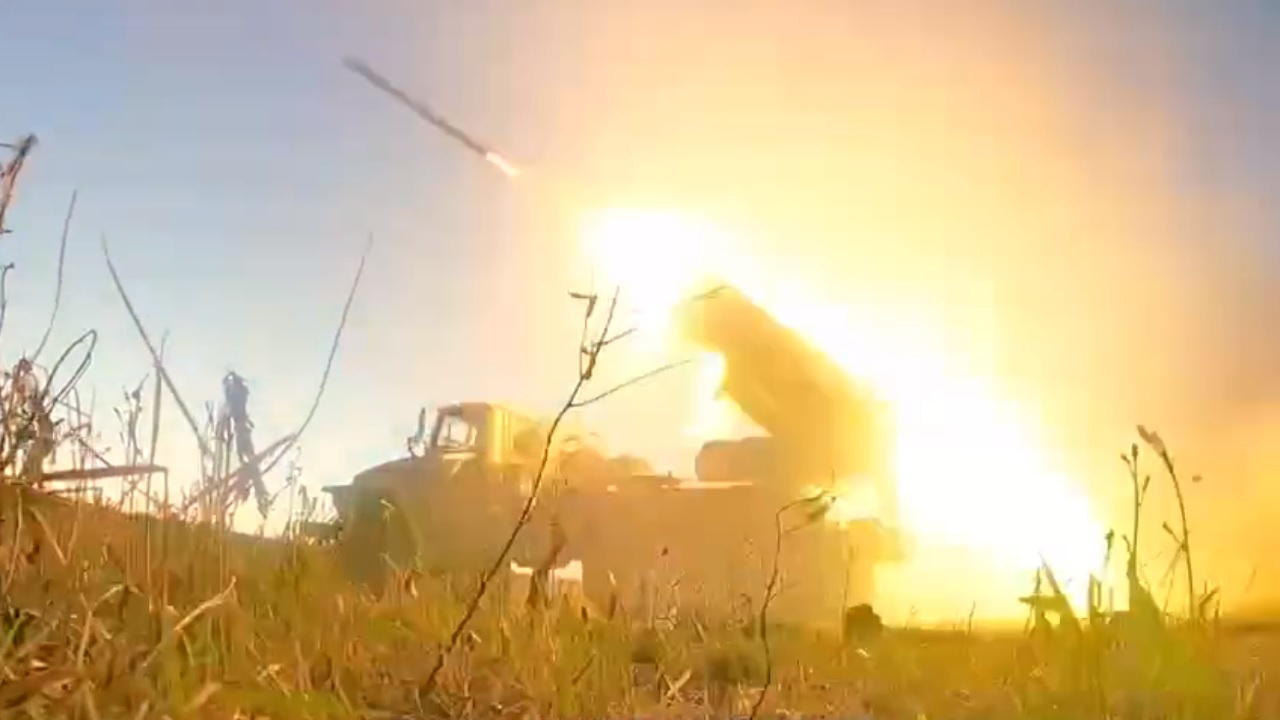It seems Russia appears to be willing to blow up Europe’s largest nuclear power station in Zaporizhzhya in Ukraine.
According to Enerhoatom, Ukraine’s state-run company that operates the country’s four nuclear power stations, the general in charge of the Russian army’s radiational, chemical, and biological defense forces has told the soldiers he commands at the Zaporizhzhya atomic energy station that “this land will either be Russian or a scorched desert.”
According to said general, Valery Vasilyev, “we have mined all the important objects of the Zaporizhzhya atomic station. And we don’t conceal that from the enemy. We warned them. The enemy knows that the station will either be Russian or no one’s. We are prepared for the consequences of such a step. And you, soldiers-liberators, must understand that we have no alternative. And if we receive the most heartless order, we must execute it with honor.”
The Zaporizhzhya power plant is located in the city of Enerhodar in southern Ukraine. Vasilyev could, if Putin so decides, unleash a nuclear catastrophe far worse than that at Chornobyl in 1986. The winds in that part of Ukraine generally blow from east to west and north to south, which means that radioactive fallout would likely affect Kherson, Mykolaiv, Odesa, Moldova, Romania, Bulgaria, Serbia, Austria, Slovakia, Hungary, and Turkey. Even occupied Crimea might be affected. In other words, Putin and Vasilyev would effectively target a strategic nuclear weapon at the European Union and NATO.
The madness behind such a terrorist scheme is self-evident. But so, too, is the dangerously unhinged degree of Russian hyper-nationalism at work in Vasilyev’s comments. The Kremlin and its cronies are clearly willing and able to destroy, not just Ukraine but large parts of Europe in the pursuit of their Strangelovean designs.
Can one talk to such people?
The question is rhetorical. Can one expect them to respond to normal incentives, pleas, appeals to reasons? That’s another rhetorical question. Will the Germans, French, and other skittish Europeans finally realize that their security is inextricably connected to Ukraine’s? That may be a third rhetorical question.
There is only one way to counter such madness: the West—whether in the form of Washington, London, or NATO—must explicitly tell Putin and his mad men that any such attack on Europe would be immediately countered with a punishing military response.
As Kurt Volker, former U.S. ambassador to NATO, recently put it: “We must not allow any risks. Even if it is 2%, this is already too much. Nobody wants to deal with a nuclear war. If Putin uses strategic weapons, from the West, NATO will be a decisive and quick response and there will be no Russia.”
Expert Biography: Now a 1945 Contributing Editor, Dr. Alexander Motyl is a professor of political science at Rutgers-Newark. A specialist on Ukraine, Russia, and the USSR, and on nationalism, revolutions, empires, and theory, he is the author of 10 books of nonfiction, including Pidsumky imperii (2009); Puti imperii (2004); Imperial Ends: The Decay, Collapse, and Revival of Empires (2001); Revolutions, Nations, Empires: Conceptual Limits and Theoretical Possibilities (1999); Dilemmas of Independence: Ukraine after Totalitarianism (1993); and The Turn to the Right: The Ideological Origins and Development of Ukrainian Nationalism, 1919–1929 (1980); the editor of 15 volumes, including The Encyclopedia of Nationalism (2000) and The Holodomor Reader (2012); and a contributor of dozens of articles to academic and policy journals, newspaper op-ed pages, and magazines. He also has a weekly blog, “Ukraine’s Orange Blues.”

